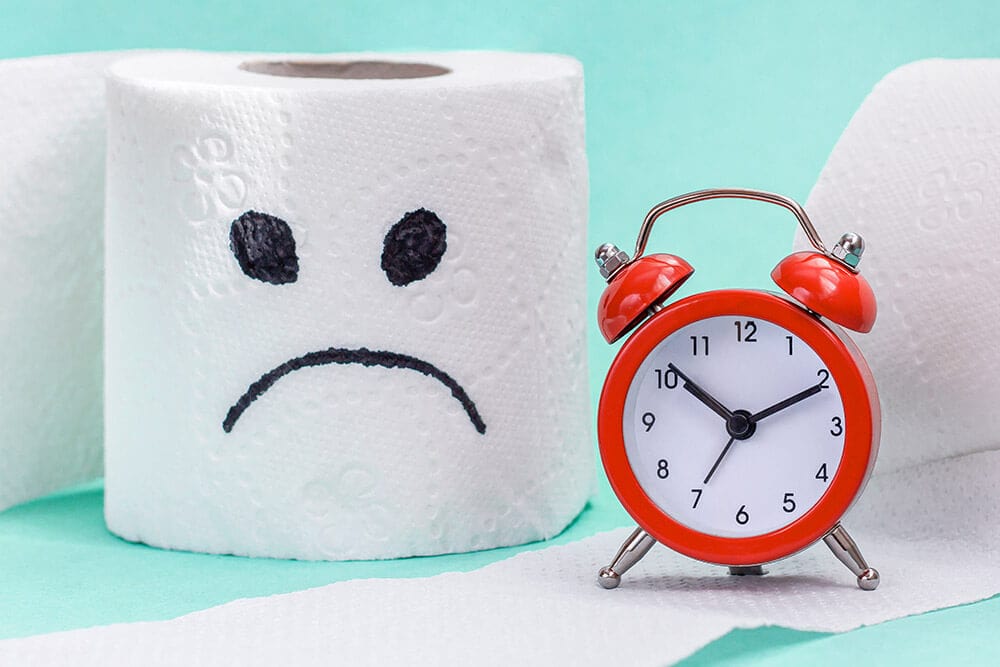What Is NSAID Enteritis?
NSAID enteritis is inflammation or irritation of the small intestine caused by nonsteroidal anti-inflammatory drugs (NSAIDs) such as ibuprofen, naproxen, or aspirin. These medications can damage the protective lining of your gut, leading to ulcers, bleeding, or strictures if not addressed early.
Common Causes and Risk Factors
- Frequent or long-term use of NSAIDs for arthritis or chronic pain
- Age over 60, when gut lining defenses are weaker
- History of peptic ulcers or gastrointestinal bleeding
- Concurrent use of steroids, anticoagulants, or other ulcer-promoting drugs
- Smoking or heavy alcohol consumption
Signs and Symptoms
- Persistent abdominal pain or cramping
- Diarrhea, sometimes with visible blood
- Gas, bloating, and indigestion
- Unintentional weight loss
- Fatigue or weakness from slow blood loss
Expert Treatment for NSAID Enteritis by Dr. Bharat Pothuri
Dr. Pothuri uses a step-by-step approach:
Medical History and Physical Exam
He reviews your NSAID use (dose, duration), epigastric pain characteristics, prior ulcers, alcohol/tobacco use and other risk factors.
Blood Tests
We assess for anemia (CBC), inflammation markers (CRP, ESR) and rule out other causes of gut injury.
Stool Tests
- Fecal occult blood to detect slow bleeding.
- Stool cultures and assays to exclude infections.
Endoscopic Evaluation
Upper endoscopy inspects the esophagus, stomach and duodenum; colonoscopy examines the large bowel. Capsule endoscopy visualizes the entire small intestine for ulcers or strictures.
Imaging Studies
- CT enterography identifies wall thickening, inflammation and strictures in the small bowel.
- MRI enterography offers detailed, radiation-free imaging to monitor healing.
Advanced Testing (if needed)
Balloon-assisted enteroscopy allows biopsy of suspicious areas or dilation of narrowed segments under direct vision.
Frequently Asked Questions
Can painkillers cause intestinal inflammation?
Yes. NSAIDs can damage your gut lining and lead to inflammation or bleeding.
What are the signs of NSAID-induced enteritis?
Belly pain, gas, diarrhea, or bloody stool-especially after using NSAIDs-are key signs.
How does Dr. Bharat Pothuri treat NSAID-related gut issues?
He may suggest diet changes, acid-reducing meds, and gentle procedures to help your gut heal.
Should I stop NSAIDs if I feel stomach pain?
Talk to Dr. Pothuri first. He'll help you find safer options and check your intestines before you stop.
Do I need imaging to confirm the condition?
Often, yes. Capsule endoscopy or small-bowel scans show the full picture. Dr. Pothuri picks the right test for you.
Is NSAID enteritis reversible?
Yes. In many cases, early treatment can heal the gut and stop future damage.












